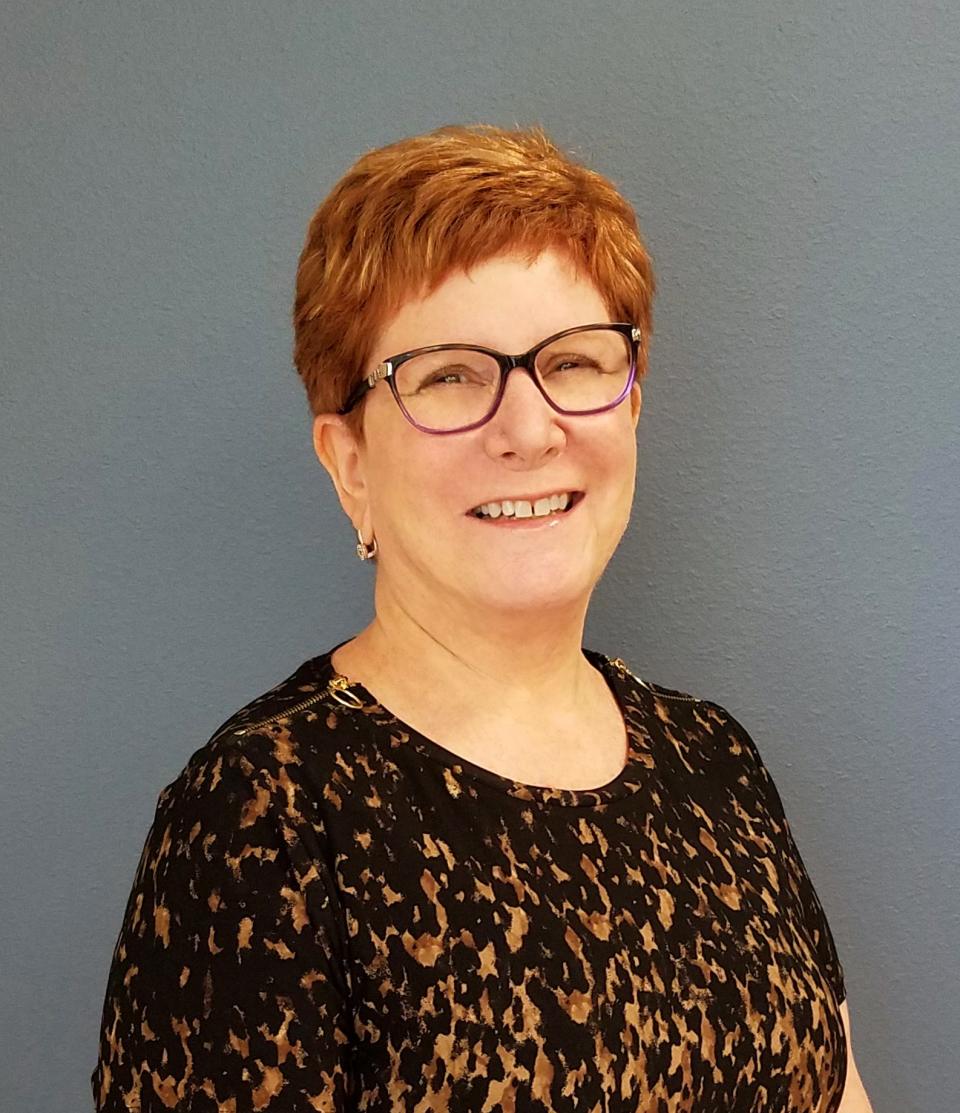One Senior Place: If you've left your job to care for your parents, financial help is available
Support local journalism. A digital subscription is incredibly affordable and makes you the most informed person around. Click here and subscribe today.
Q: My Mom came to live with us and I have quit my job to care for her. Is there any financial help for family caregivers?
A: This is a question I hear a lot, as more adult children become caregivers to their parents.
Caregiving can create some very real hardships for adult children who find themselves forced to give up paying jobs — and who are often caring for children as well.
The loss of income can be devastating for some families.
However, there are a few options families have found useful to regain their financial footing.
Previous three One Senior Place columns:
End of life choices: Know the difference between 'living will' and 'do not resuscitate'
Married seniors, know this: If you're considering filing for Social Security benefits, read this first
Miles away: What if adult children want to be part of parents' care, but live out of state?

In Florida, we have limited programs that will pay us to be caregivers to our family members.
If your loved one is a Medicaid recipient on the Statewide Medicaid Managed Care Long-Term Care Program, the caregiver can apply to be paid through the Consumer Directed Care option.
Under this program, family members, including adult children and even spouses, can be hired and receive compensation as personal assistance providers. Fair market value is used for the salary, between $9-13 per hour.
For more information, go to Florida's Agency for Health Care Administration website at www.ahca.myflorida.com/.
Wartime veterans and their surviving spouses, 65 years and older, may be entitled to a tax-free benefit called Aid and Attendance, provided by the U.S. Department of Veteran Affairs.
This benefit provides financial aid to help offset the cost of long-term care for those who need assistance with daily activities such as bathing, dressing, eating and toileting.
For more information and to see the eligibility requirements for this benefit, contact the Brevard County Veteran’s Service Team at http://www.brevardcounty.us/HumanServices/VeteransServices.
Meeting with an elder law attorney can also be very helpful if you are looking for ways to pay your family caregiver.
Ruth Rhodes from Rhodes Law, P.A. suggests a "Personal Services Contract."
This is a care management contract written by the attorney to hire a care manager, such as a loved one to provide continued care.
The funds for this contract come from the senior, so they can pay a family member for services rendered at fair market value.
This is a Medicaid-friendly way to help the senior prepare for Medicaid eligibility.
There are about 48 million Americans who provide care without pay to an adult family member or friend, and they do this for an average of nearly 24 hours per week, according to the 2020 report, Caregiving in the US.
If you are one of these heroes, contact the resources listed in this column to see if there is some help for you. Thank you for your tireless support for our most vulnerable citizens.
One Senior Place is a marketplace for resources and provider of information, advice, care and on-site services for seniors and their families. Questions for this column are answered by professionals in nursing, social work, care management and in-home care. Send questions to askOSP@OneSeniorPlace.com or call 321-751-6771.
Barbara Fradkin is a Social Worker, Certified Care Manager and the Director of One Senior Place, Viera.
This article originally appeared on Florida Today: Can you get financial help for being a caregiver? The answer is yes

